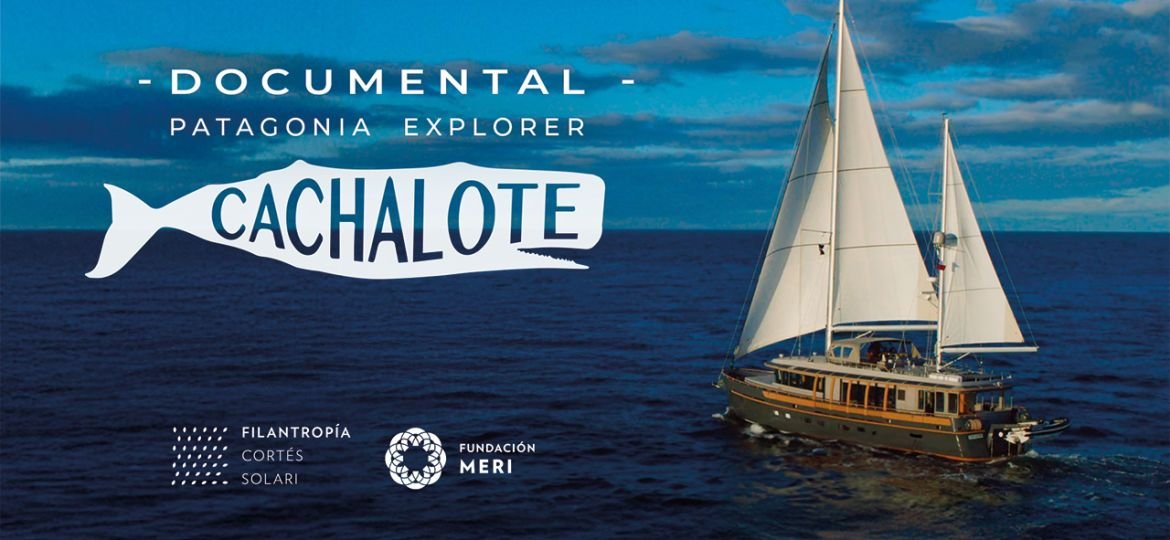For four days, students from Quellón, Raúl Marín Balmaceda, Puerto Gala and Melimoyu traveled to the Melimoyu Nature Reserve and, together with the MERI Foundation environmental education team and all the people who work on the Reserve, lived the experience of the Navigators’ Camp.
Each day, in a program built under the Cortés Solari Philanthropy educational model, which focuses on comprehensive learning, the students learn by exploring trails, taking samples to process in the laboratory, and recognizing the biodiversity and value of their own territory along with young people from neighboring towns.
To attend this camp, these students, along with their teachers, presented social, cultural or environmental projects that respond to the needs of their own communities and that are focused on improving the quality of life in their territories.
The following are the projects that were selected:
“Do Not Run Out of Batteries” project
Prepared by students and a teacher from the Amanda Labarca Humberstone school of Raúl Marín Balmaceda (commune of Cisnes, Aysén Region), in the area of “Technological Development”. They will establish “green spots” for the disposal of old batteries, avoiding their impact on the environment and local health. They have the support of the local municipal office and the illustrious municipality of Cisnes to send the batteries to Coyhaique to be reused.
“Environmental Workshop on Space Recovery and ‘Green Spot’ Management” project
Prepared by students and a teacher from the Madre de la Divina Providencia school in Puerto Gala (commune of Cisnes, Aysén Region), in the area of “Technological Development”. The project seeks to recover social spaces with large amounts of garbage on the island, in addition to establishing a “green spot” to recycle waste; this last one with the support of the company Blumar that has already installed the “green spot”. The idea was born from the burning of garbage in Puerto Gala and the final disposal of garbage in a nearby landfill.
“Melimoyu, a Little of our History, our People and their Places” project
Prepared by students and a teacher from the rural school Melimoyu of Melimoyu (commune of Cisnes, Aysén Region), in the area of “Social Sciences”. The project aims to rescue the history of the town of Melimoyu, its main environmental attractions as well as the history of its community spaces.
“Cleaning Sleeve for Contaminated Water Made of Pompom Moss and Human Hair” project
Prepared by a student and a teacher of the Centro educacional San Agustín de Quellón (commune of Quellón, Los Lagos Region), in the area of “Natural Sciences”. Its purpose is to research whether a low-cost sleeve, made with pantyhose, human hair and pompom moss (Sphagnum magellanicum), is capable of cleaning and decontaminating water polluted by human activities, for example with oil and antifouling paint.
“Water as a Tool Against Environmental Pollution Produced by Wood-Burning Heaters” project
Prepared by students and a teacher from the Liceo de alta exigencia Paulo Freire de Quellón (commune of Quellón, Los Lagos Region), in the area of “Technological Development”. Inspired by mining filters or “scrubbers”, they created a closed system that sprays water on the emissions of wood-burning stoves, transforming the carbon dioxide (CO2) emissions into carbonic acid. The school has an active system and no smoke or particulate emissions have been observed.
“Construction of the Patagonian Identity from the Island of Chiloé” project
Prepared by students and a teacher from the Escuela oriente de Quellón (commune of Quellón, Los Lagos Region), in the area of “Social Sciences”. The project seeks to identify cultural elements of the Chiloe population that contributed to the shaping of the Magellan identity in southern Chile. Through interviews, literature review and statistical information, they determined that the Chilotes migrated at the beginning of the 20th century due to the lack of work on the island, taking their Chilote customs and traditions to Magallanes.




